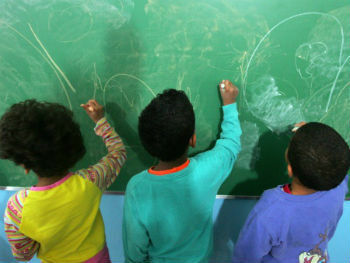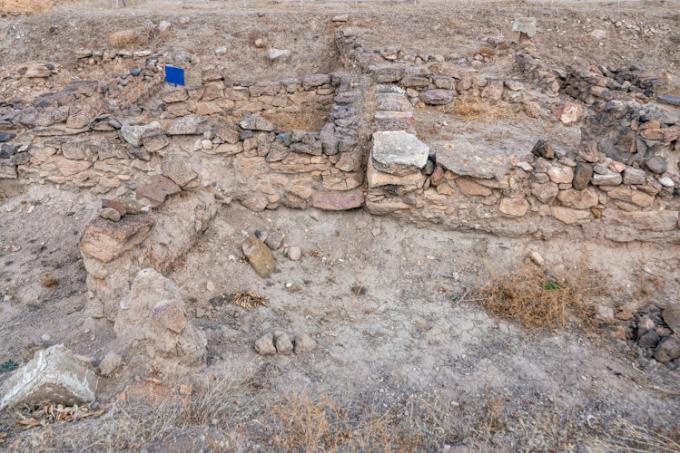O Child and Adolescent Statute - ECA (Law No. 8,069) is a set of specific laws to take care of people under 18 years old living in Brazil.
The Statute was enacted in 1990 during Fernando Collor's government.
Summary

The Child and Adolescent Statute makes society and the State responsible for the development of all persons under 18 years of age
The Child and Adolescent Statute, known by the acronym ECA, provides full protection for Brazilian children and adolescents. Likewise, it establishes the rights and duties of the State and the citizens responsible for them.
For the Brazilian State, a “child” is a person up to 12 years old and an “adolescent” between 12 and 18 years old. Exceptionally, in cases provided for by law, the ECA can be applied to people between 18 and 21 years of age.
With the creation of ECA, children and adolescents began to acquire rights and duties guaranteed by law and recognized as such.
Therefore, like adults, they are subjects that make up society. However, they are vulnerable in the sense that this phase represents a lot in the individual's social, psychological and physical development.
Therefore, the importance of the content of the ECA must be known by children and adolescents, in order to build a fairer and more egalitarian society. Thus, everyone recognizes their rights and duties and can fight for them.
What happens in Brazil, since the country has a colonialist history, is the lack of knowledge of the laws on the part of the social group, making it vulnerable to any type of abuse of power.
ECA: rights and duties
- absolute priority to the realization of rights relating to life, health, food, education, sport, leisure, professionalization, culture, dignity, respect, freedom and family life and community.
- By “absolute priority” it means that the child and adolescent will have preference to receive protection and assistance, as well as the precedence of assistance in public services.
- No child or adolescent will be subject to any form of neglect, discrimination, exploitation, violence, cruelty and oppression.
- Parents are responsible for the maintenance, custody and education of their minor children. Likewise, parents have the obligation to enroll their children in the regular school system.
- The State's duty to ensure that children and adolescents receive compulsory and free basic education, including for those who did not have access at their own age.
Guardianship Council

The Guardianship Council is a group of specialists who work for the protection of children and adolescents.
Thus, it is composed of 5 members, which are elected by the community.
According to ECA, the Guardianship Council is responsible for ensuring and ensuring the well-being of this group, through the realization of their rights and duties:
I- Attending and counseling children and teenagers
II - assist and advise parents and guardians in the guardianship or custody of their children
III - Inform the rights and duties (limits) of children and adolescents
IV - Hear complaints and claims of threatened and/or violated rights and duties
V - Request public services in the areas of health, education, social service, provision, work and security
VI - Guarantee and monitor the rights and duties of children and adolescents
VII - Participate in actions that combat violence and discrimination in the school, family and community environment.
Sanctions
The ECA establishes sanctions for parents or guardians who are silent in the upbringing and education of their children.
It also provides sanctions for those children and teenagers who commit infractions. It is planned from socio-educational measures to hospitalization. This should not last more than three years and be carried out in an appropriate establishment aimed at personal recovery.
To download the updated PDF document: Child and Adolescent Statute
Origin
The purpose of the Child and Adolescent Statute was to put an end to the Minors Code that had been created during the Military Dictatorship in Brazil.
The ECA arises from the need to end all remnants of authoritarianism that still remained from the military regime. Thus, the deputies debated the need for a legal system for children and adolescents.
The Minors Code was aimed precisely at disadvantaged classes whose children were treated as potential delinquents. Thus, the repressive State justified the punishment of these minors without committing to improve their living conditions and their social environment.
In this way, the creation of the ECA was an unfolding of the guarantees for childhood and adolescence provided for in the 1988 Constitution.
Read too:
- Human rights
- Child labor
- Child Labor in Brazil
- Child mortality
- Children's Day
- Criminal majority

